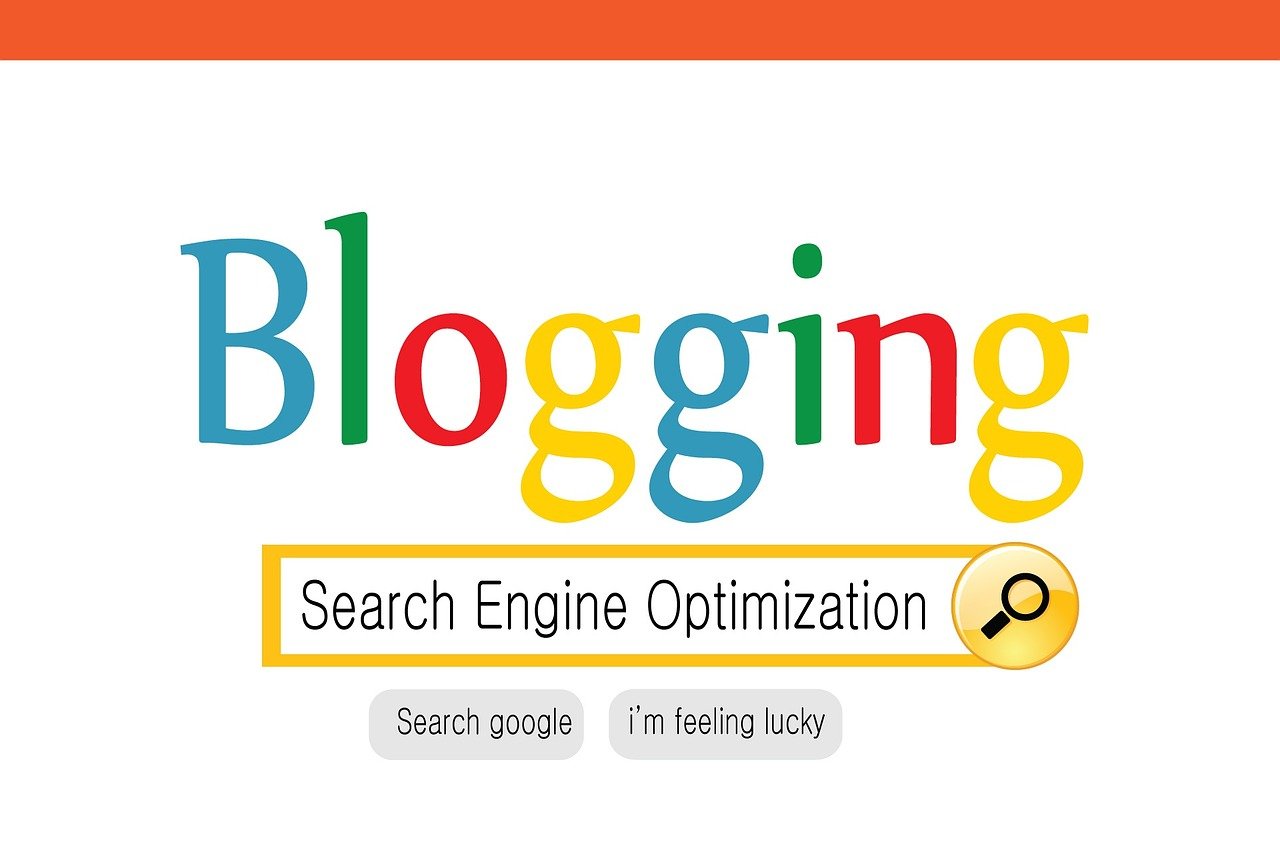
Embarking on a successful blogging journey involves more than just crafting compelling content. Understanding and implementing effective Search Engine Optimization (SEO) strategies is paramount for improving visibility and driving traffic to your blog. In this guide, we’ll explore the basics of SEO and provide actionable tips for bloggers to enhance their online presence.
1. Understanding the Basics of SEO:
The Essence of SEO:
Begin by unraveling the fundamental concepts of SEO. Understand how search engines work and the importance of optimizing your content to meet their criteria. This knowledge forms the foundation for effective SEO strategies.
Key Elements of SEO:
- Crawling, indexing, and ranking.
- Importance of keywords in search queries.
- The role of backlinks in establishing authority.
2. Keyword Research and Implementation:
Significance of Keywords:
Keywords act as the bridge between your content and search engine algorithms. Delve into the art of keyword research to identify phrases relevant to your content and audience.
Tips for Keyword Implementation:
- Integrate keywords naturally into your content.
- Utilize long-tail keywords for specificity.
- Regularly update and refresh keyword usage.
3. On-Page SEO Techniques:
Optimizing Content On Your Pages:
Learn how to optimize individual pages for search engines. From meta tags to header tags, these on-page SEO techniques contribute to better visibility in search results.
On-Page SEO Tips:
- Crafting compelling meta titles and descriptions.
- Proper usage of header tags (H1, H2, H3).
- Optimizing images with descriptive alt text.
4. Creating SEO-Friendly Content:
Writing for Both Readers and Search Engines:
Strike a balance between creating content that resonates with your audience and aligns with search engine algorithms. Understand the elements that make content SEO-friendly.
Tips for SEO-Friendly Content:
- Producing high-quality, valuable content.
- Incorporating multimedia for engagement.
- Maintaining an optimal content length.
5. Off-Page SEO Strategies:
Building External Authority:
Explore strategies that go beyond your website to enhance your blog’s authority and credibility. Off-page SEO involves activities that impact your site’s reputation in the eyes of search engines.
Off-Page SEO Tips:
- Building high-quality backlinks.
- Engaging in social media promotion.
- Guest posting for external exposure.
6. Technical SEO Essentials:
Ensuring Site Accessibility and Performance:
Navigate the technical aspects of SEO to ensure your site is easily accessible to both users and search engine crawlers. Addressing technical SEO issues can positively impact your search rankings.
Technical SEO Tips:
- Optimizing site speed for better user experience.
- Implementing XML sitemaps.
- Ensuring mobile responsiveness.
7. Monitoring and Analyzing Performance:
The Importance of Analytics:
Learn how to leverage analytics tools to monitor the performance of your blog. Analyzing data helps you understand what’s working, identify areas for improvement, and adapt your strategies accordingly.
Analytics Tips:
- Using Google Analytics for insights.
- Monitoring keyword rankings.
- Tracking user engagement metrics.
Armed with a solid understanding of SEO fundamentals and practical strategies, you’re now equipped to elevate your blog’s visibility and attract a wider audience. Incorporate these SEO techniques into your blogging routine, stay informed about evolving trends, and watch as your blog climbs the ranks in search engine results. Happy optimizing!







